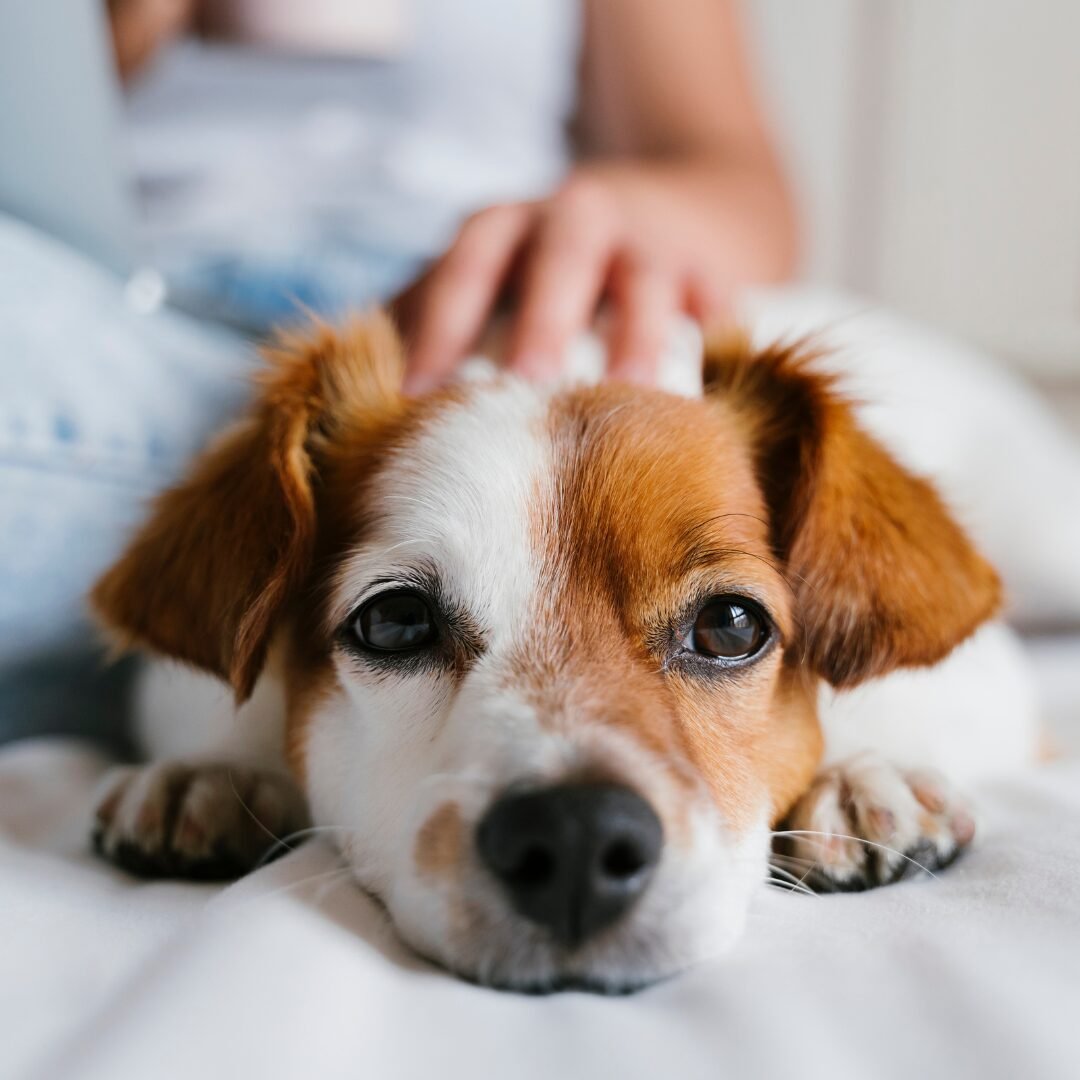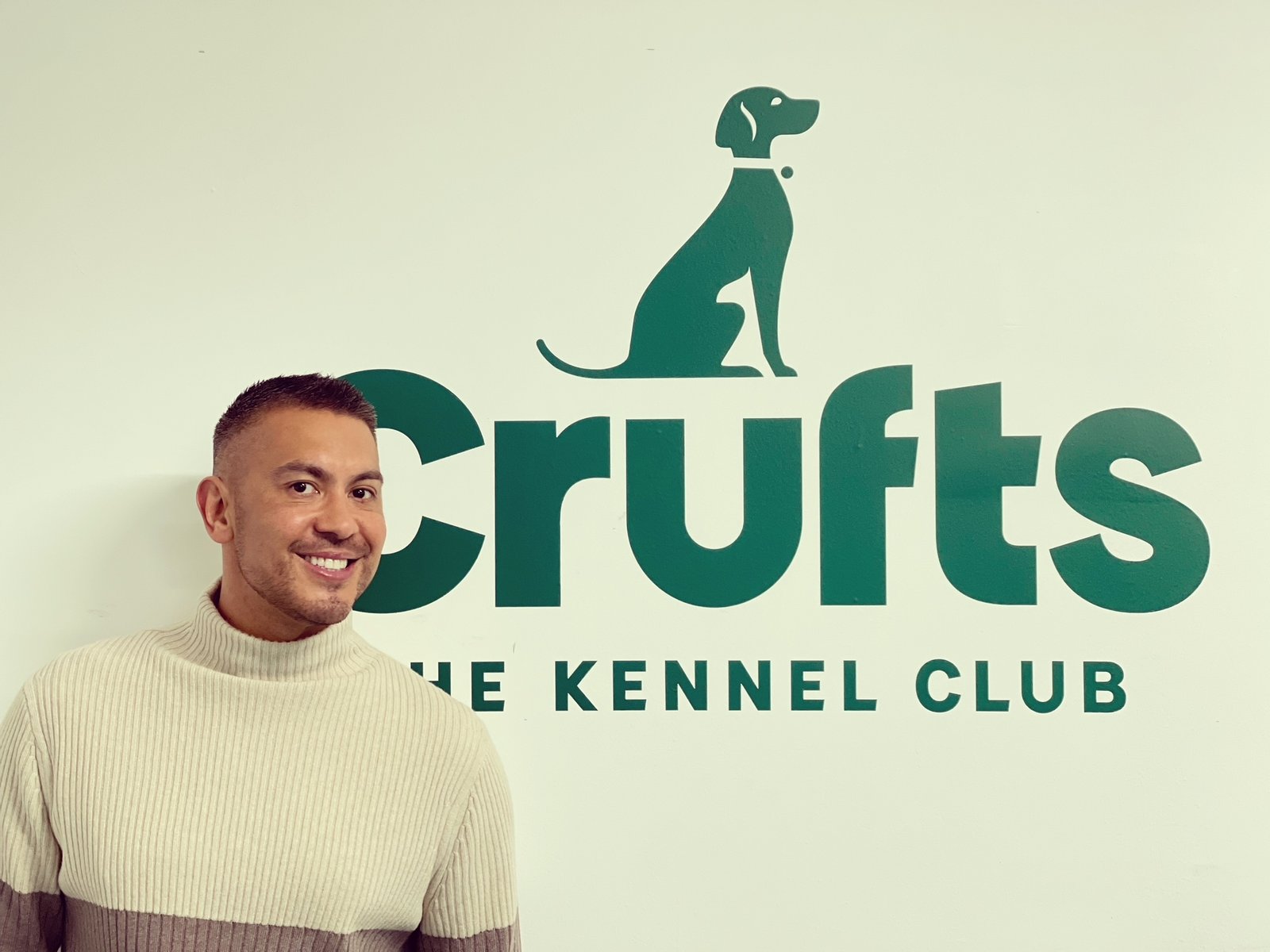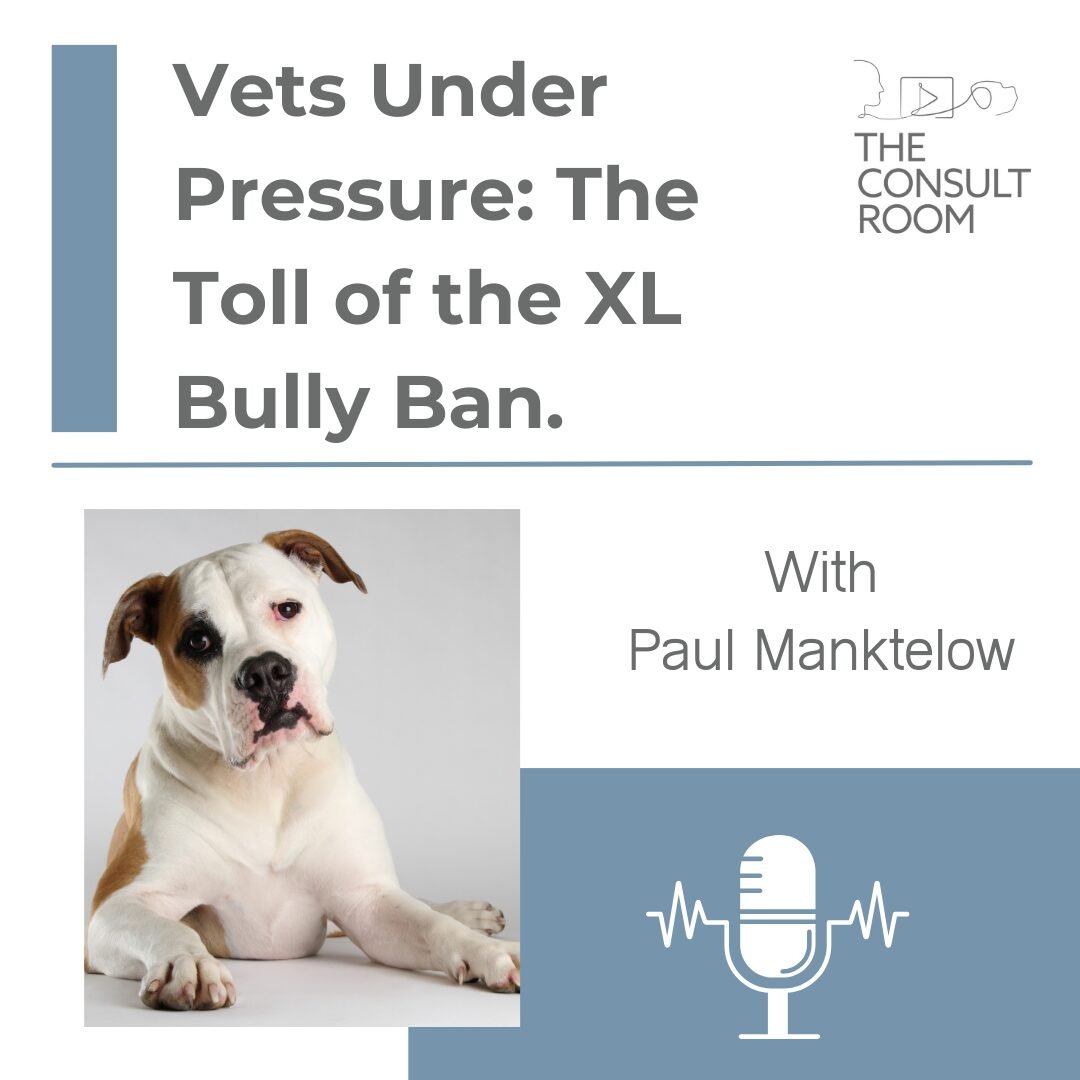It’s impossible to imagine having to flee from your home, leaving everything behind, even your dog. But the shocking reality is that the war in Ukraine has led to a humanitarian crisis and a situation of thousands of dogs and other pets abandoned in Ukraine. In my recent podcast, I spoke with Gregg Tully, Country Director of Save the Dogs & Other Animals, to explore this less-reported consequence of the war and find out more about the animal charities working tirelessly to support not only the people, but also the pets of Ukraine.
Please be aware that you may find this topic distressing.
Scale of the humanitarian crisis and abandoned pet problem
As of May 2023, figures from the United Nations High Commissioner for Refugees indicate that over 8 million people have fled from Ukraine to Europe, with over 5 million more being displaced internally (source). Figures for pets are not generally recorded, although last year the Kyiv Post reported estimates of half a million dogs abandoned by owners due to the war. Gregg also estimates that the number is likely to be huge:
‘Ukraine already had a significant number of street cats and dogs before the war, as well as pets. With lots of Ukrainians unable to take their pets with them, many had to be left behind. From our own trips, the number of abandoned pets is shocking; many being seen aren’t street dog populations, they’re house pets who are not street smart. They’re desperate and have no idea how to keep warm or find food.’
Starting the support
Save the Dogs already existed in Romania long before the war in Ukraine but, with a location less than 3 hours from the Ukrainian border, the charity is in a strong position to send supplies and to take action for animals and people who are suffering. Gregg and his teams quickly decided to have a presence at the border to give those fleeing the supplies they needed and advice about travelling with their pet:
‘Many didn’t realise the need for a pet carrier or pet passport. We offered a safe place to sit, warm up, charge phones whilst we fed pets, allowing time and space to reset and make their next move.’
Saying goodbye at the border
For many desperate pet owners in an emotionally difficult situation, being at the border meant the further challenge: to progress on their journey, perhaps by train or plane, would mean leaving their pet behind. Save the Dogs accepted pets at the border but also found some owners were forced to abandon their pets in other places, finding dogs tied up at train stations.
‘There were people who just couldn’t take care of their animals any more so they let it go,’ Gregg explained. ‘It became one of our volunteer’s roles, not just taking care of the refugees and the refugees’ pets but this growing population of pets which were just wandering around aimlessly; giving them food, getting them sterilised, getting them vet treatment when they needed it, so that was another of our responsibilities at the border.’
Social media support network
It quickly became apparent that there was an urgent need for 3 types of support – for people fleeing with their pets; pets abandoned at borders and pets abandoned in Ukraine. Gregg and team work continuously with other organisations to gather information and to find out exactly where to send support. Gregg describes how social media became a vital tool in connecting and coordinating their response:
‘We were posting on Save the Dogs social media and people in Ukraine were reaching out to us – people who run animal shelters, animal lovers who’d taken abandoned pets into their homes or started feeding the strays on the streets. We quickly developed a robust network, especially of people in Ukraine and we’re still in touch with them every day now, they really are our eyes and ears on the ground.‘
Save the Dogs now sends pet food, flea and tick collars, dog houses and blankets to over 100 different cities, towns and villages across Ukraine, supporting thousands of dogs and cats through these networks and Gregg is clear that it wouldn’t be possible any other way: ‘it’s through these really dedicated, amazing Ukrainian people, they’re really doing the work.’
The problem for pets
It’s clear that life is difficult for any street-animal, but for the pets abandoned in Ukraine, there are additional struggles. These animals have had comfortable lives, routines, care and affection but are now in the traumatic situation where their owners have had to abandon them in a scary, loud environment with no certainty of food or shelter. Add to this the extreme heat of Ukrainian summers, harsh Ukrainian winters, plus the risk of disease and infection that comes with being part of a roaming population in a war zone; the challenge to survive becomes very clear.
Dedication and donations
Partner organisations have been helping Save the Dogs to meet the significant supply and demand needs, but the longer the war continues, the more difficult it’s becoming to sustain the current response. In the podcast, Gregg shared the challenge of not being able to tell animal shelters in Ukraine that the food truck which is on its way may be the last for some time.
Whilst the primary concern is of course the humanitarian crisis, without animal charities supporting the welfare of the pets abandoned in Ukraine, the country’s overall public health risk would rise. Roaming street populations lead to indiscriminate breeding, rising parasite infections and common canine diseases, including Canine Parvovirus, Distemper and Rabies, as Gregg observed:
‘With so many unvaccinated animals in close proximity to each other, roaming around, diseases like that could easily spread. That’s another tragedy that we’re trying to prevent by sterilising the animals.’
So donations support not only the provision of food, shelter and emergency vet care for abandoned animals but are vital for programmes of sterilisation and microchipping. Keen to get the word out, and to generate support for the animal charities and dedicated volunteers trying to maintain this aid against a backdrop of war and waning support, I asked Gregg what difference smaller donations might make?
‘For about £12 you can feed a dog for a month, so for not a huge amount of money you can literally keep a dog alive. These animals wouldn’t be surviving without the support we’re giving so that’s an easy way to make a difference. You can sterilise a dog or a cat and prevent it from having puppies or kittens living in the street, some of whom aren’t going to make it, for around £60. It’s really possible for people to make a huge difference on the lives of animals through their donations.’
It’s not people or pets, it’s a common cause
We all agree it’s absolutely necessary to offer humanitarian support to those affected by the war, so it’s vital to share how the work of Save the Dogs and other animal charities also supports the Ukrainian people.
By looking after dogs in their Romanian shelters, Save the Dogs hopes to reunite pets with their displaced owners once the war ends. Additionally, by maintaining a network, passing on supplies and supporting animal welfare within Ukraine, charities also support Ukrainian animal shelters which have been damaged through shelling, plus the many people who refuse to leave because of the animals they take care of – either their own pets or street animals. Gregg and his volunteers are in contact with people who are living in shacks with no running water or electricity, because every house in the village has been damaged and is uninhabitable, but they’re staying there for the animals.
‘By supporting the animals we’re also supporting these people,’ Gregg explains. ‘People are finding so much comfort from the animals they rescue, it gives them a purpose, it gives them the affection that we all know pets can give us. It’s all intertwined, by helping these people to take care of the animals and to rescue the animals, we’re also helping the people.’
Listen and learn more
As a dog owner, I genuinely struggle with the idea of abandoning my dog, so speaking to Gregg was important in uncovering just what’s happening to the pets abandoned in Ukraine. As a vet, it’s also important but concerning to realise the extent of the animal welfare crisis which is on the horizon. But whilst some aspects of the podcast aren’t easy to listen to, Gregg also shares some inspirational stories and a positive, pertinent thought about his hopes and motivation in this challenging, but ultimately rewarding work:
‘I really hope that whenever the war ends people will go back and some of them will be able to find their dogs and cats again that they left behind. It won’t be easy but I hope they do.’
Please take a moment to listen to the full podcast here
From everyone at The Consult Room, please also consider donating to help Gregg and Save the Dogs continue this vital work. Visit savethedogs.eu to read about the work of the charity and to donate.
Blue Cross is also supporting a number of charities, including Save the Dogs and they also have a dedicated donation page at Blue Cross Ukraine Pet Welfare Fund.
 Dr Paul Manktelow is a vet who’s worked for almost 20 years on the front line in some of the UK’s busiest veterinary hospitals. As Chief Vet in the Charity Sector, he leads a team of vets and nurses that treat thousands of pets every year. Paul also appears regularly in the media as a TV and radio presenter, writer, public speaker and podcast producer.
Dr Paul Manktelow is a vet who’s worked for almost 20 years on the front line in some of the UK’s busiest veterinary hospitals. As Chief Vet in the Charity Sector, he leads a team of vets and nurses that treat thousands of pets every year. Paul also appears regularly in the media as a TV and radio presenter, writer, public speaker and podcast producer.






Leave A Comment